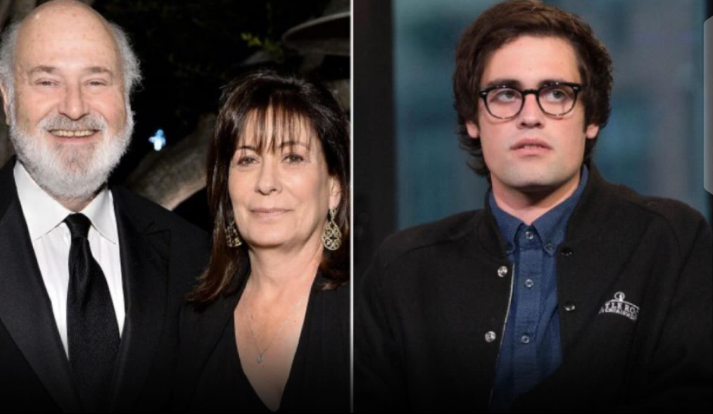

In a surprising turn of events, popular entertainment personalities T-Dollar and TobiNation have been sentenced to six months imprisonment following their conviction for Naira mutilation. The sentence, handed down by Justice Owoeye at the Federal High Court in Ikoyi on Thursday, May 8, 2025, also comes with an option of a N200,000 fine.
The case, prosecuted by the Lagos Zonal Directorate of the Economic and Financial Crimes Commission (EFCC), saw both defendants plead guilty to the charges, prompting the court to deliver a swift verdict. Naira mutilation, which involves the defacement, destruction, or improper handling of the Nigerian currency, is considered a violation of the Central Bank of Nigeria (CBN) Act, and the EFCC has been actively cracking down on such cases to preserve the integrity of the national currency.
T-Dollar and TobiNation, both well-known for their influence in the entertainment industry, appeared visibly subdued as the verdict was read. Supporters and industry colleagues were left stunned by the judgment, as many had anticipated a more lenient sentence given the duo’s public standing. The EFCC, however, reiterated its commitment to upholding the law irrespective of status or influence, sending a strong message to celebrities and the public alike.
The conviction has sparked mixed reactions on social media, with some expressing sympathy for the entertainers while others insist that no one should be above the law. Naira mutilation has been a contentious issue in Nigeria, with authorities frequently reminding the public of the legal consequences of mishandling the currency. The sentencing of T-Dollar and TobiNation has reignited the conversation around celebrities’ responsibilities and the importance of setting good examples for their followers.
This incident is not the first time prominent Nigerian figures have been involved in Naira mutilation cases. In recent months, controversial singer Portable, Nollywood actress Iyabo Ojo, and comedian AY Makun were also questioned by the EFCC regarding similar allegations. While some of these cases ended with fines or warnings, the sentencing of T-Dollar and TobiNation indicates a stricter stance from the judiciary and the EFCC in addressing such offenses.
Legal experts have weighed in on the case, noting that the option of a fine is in line with the law, which allows for alternative penalties in certain situations. However, some critics argue that the relatively modest fine compared to the potential harm caused by promoting illegal behavior may not be a sufficient deterrent. Others contend that the imprisonment, even with the option of a fine, underscores the seriousness of the crime and reflects the judiciary’s growing resolve to address financial misconduct.
Close friends and associates of the convicted entertainers have remained tight-lipped about the verdict, but a few industry insiders hinted at the possibility of an appeal. It remains uncertain whether T-Dollar and TobiNation will serve the full sentence or opt to pay the fine to secure their release. Nevertheless, the EFCC has maintained that the conviction serves as a clear warning to those who might consider engaging in similar acts.
As the story continues to unfold, the broader conversation about accountability among public figures persists. Many are calling for celebrities to use their platforms responsibly, given their influence on younger audiences. While fans of T-Dollar and TobiNation await further developments, the case serves as a stark reminder of the legal implications of Naira mutilation and the importance of respecting national symbols.
The aftermath of the sentencing has also drawn attention to the EFCC’s renewed focus on prosecuting cases that were previously overlooked or deemed minor. This shift indicates that the commission is keen on maintaining the sanctity of the Nigerian currency and ensuring that all individuals, regardless of social standing, face the consequences of violating the law.
For now, the entertainment industry is left to grapple with the fallout from this high-profile case, as many artists and public figures reassess their actions to avoid similar legal entanglements. While the court’s decision has been met with mixed reactions, the message is clear: the law applies to everyone, and violations, no matter how seemingly trivial, will not be tolerated.


